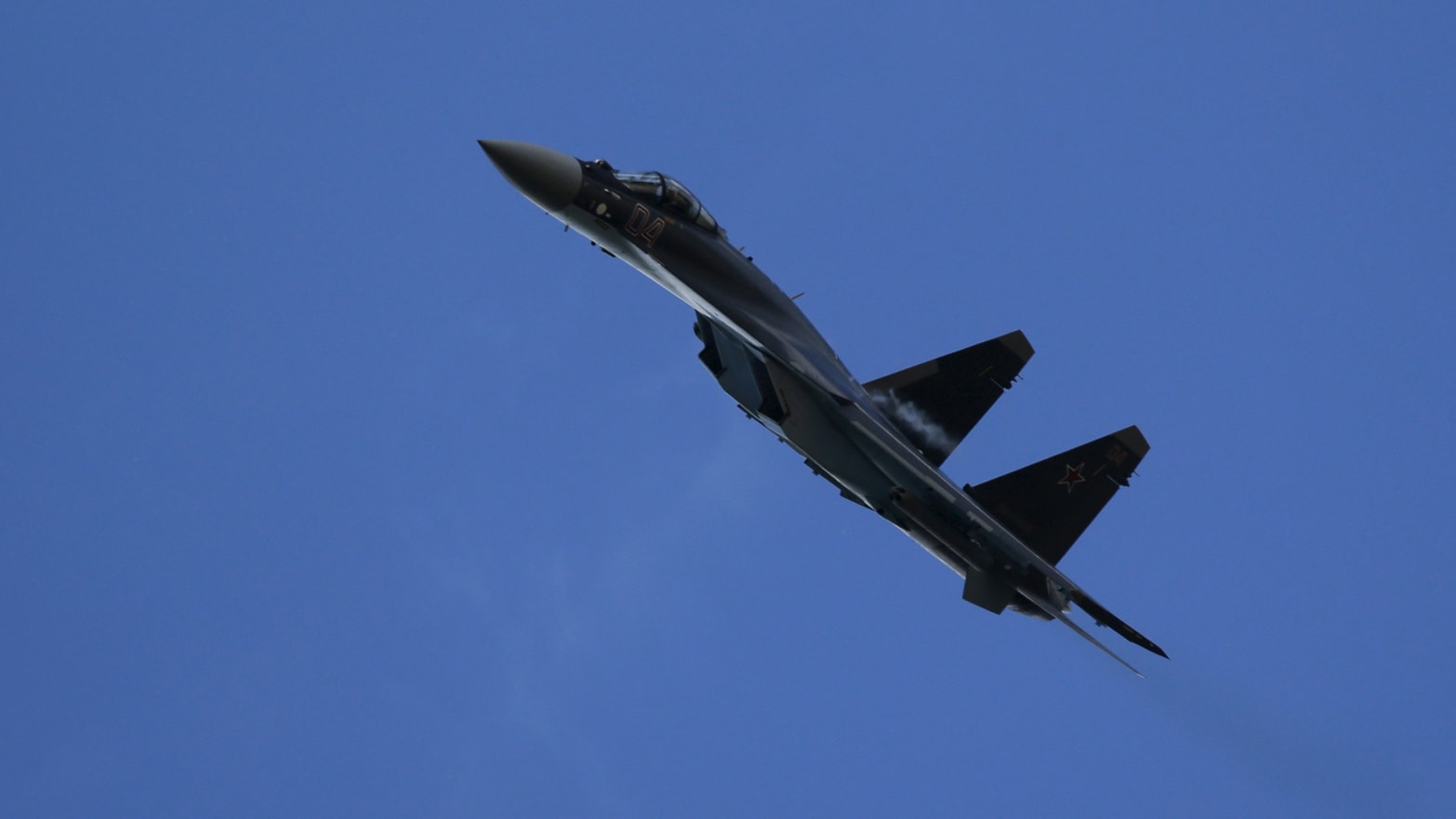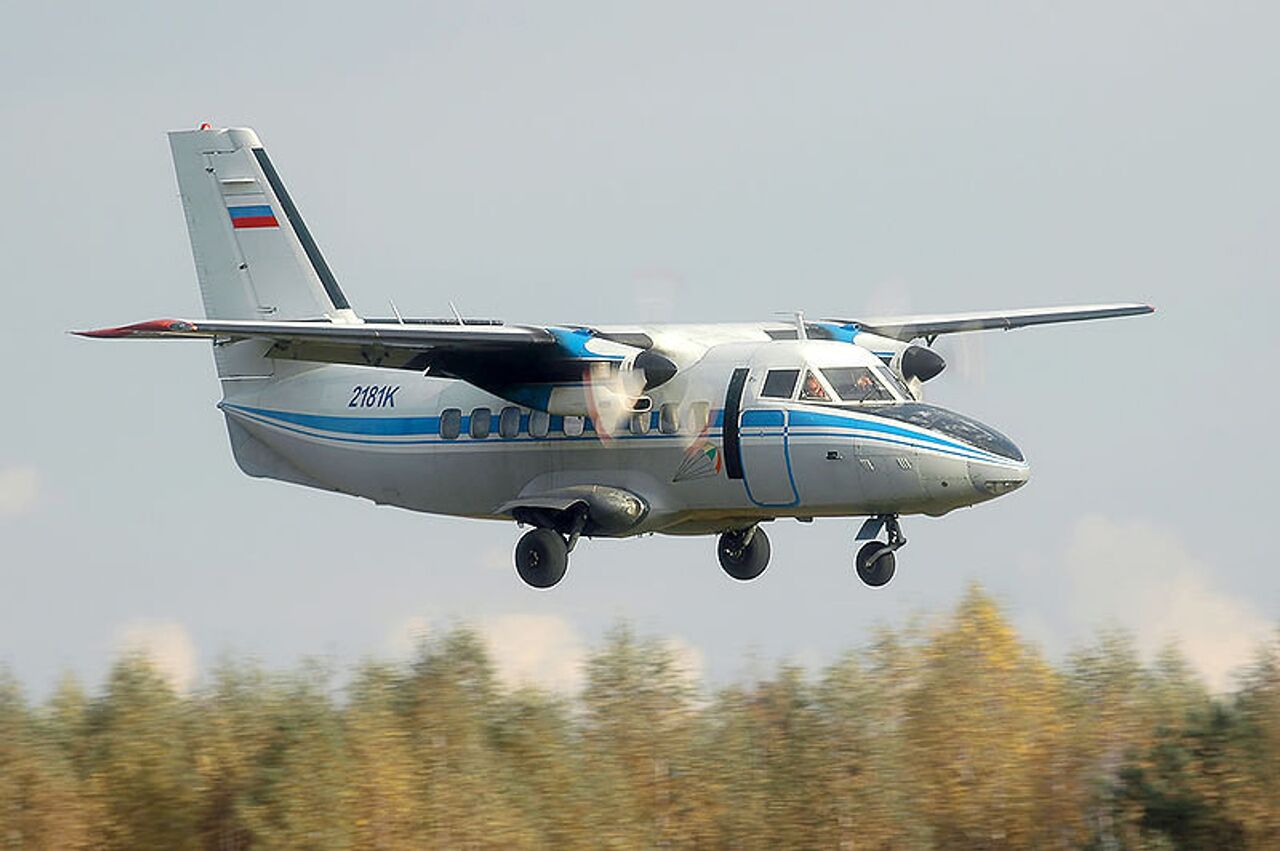In a harrowing incident over the Black Sea, a Polish surveillance plane found itself in a perilous situation as a Russian fighter jet executed a series of aggressive and dangerous maneuvers, according to Poland’s border force.
The aircraft in question, an L-410 Turbolet, was conducting a patrol mission on behalf of the EU’s border agency when a Russian Sukhoi Su-35 fighter jet approached it within a mere five meters on three separate occasions. The Russian jet made no attempt at radio communication prior to its close encounters, leading to a loss of control over the Polish plane and forcing it to make an emergency landing in Romania, as reported by the border agency.
This incident follows closely on the heels of RAF Typhoon fighters and a Norwegian F-35A intercepting a Russian Tu-142 patrol aircraft approaching British airspace just last week.
Romania’s defense ministry, which first reported the incident, unequivocally criticized Moscow’s aggressive and hazardous behavior. Poland’s government spokesman also characterized the interception as a premeditated act of provocation by Russia.
Fortunately, the Polish aircraft managed to land safely in Romania, where both Romanian and Spanish planes were placed on pre-alert status by NATO. The interception took place in international airspace over the Black Sea, approximately 37 miles east of Romania’s airspace, according to Romania’s defense ministry.
The Polish plane had been deployed in Romania since April 19 and was scheduled to remain there until May 17 as part of a Frontex operation organized by Romania, with the participation of Spain and Sweden.
NATO air commanders have accused Russia of intentionally approaching its borders to test response times and incite incidents as part of a broader strategy to escalate the situation in Ukraine. This alarming incident serves as a stark reminder of the tensions that persist in the region.









